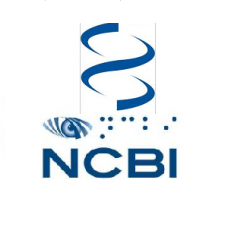Abstract
Background: Job crafting, an employee-initiated job design/redesign, has become important for employees’ well-being. However, most studies on the relationship between job crafting and employees’ well-being have been conducted in western countries; thus, it is unclear whether job crafting can be effectively applied to Asian cultures, such as Japan, which emphasizes group harmony. The aim of this study was to examine the cross-sectional associations of self-reported job crafting with work engagement and psychological distress among employees in Japan. Method: A questionnaire survey through the internet was conducted among all employees of a manufacturing company in Japan. We analyzed the data from 894 respondents, all employees with regular employment. Job crafting, work engagement, and psychological distress were assessed using the Japanese version of the Job Crafting Questionnaire, the Japanese version of the Utrecht Work Engagement Scale (UWES), and the Brief Job Stress Questionnaire (BJSQ), respectively. Result: Hierarchical multiple regression showed that increasing structural job resources, social job resources, and challenging job demands was significantly and positively associated with work engagement (β = 0.31, p < 0.001; β = 0.14, p < 0.001; β = 0.36, p < 0.001, respectively). For psychological distress, increasing structural job resources was significantly and negatively associated with psychological distress (β = -0.15, p < 0.001). Conclusion: Our study suggests that increasing structural job resources is associated with higher work engagement and lower psychological distress. In addition, increasing social job resources and challenging job demands are also associated with higher work engagement.








